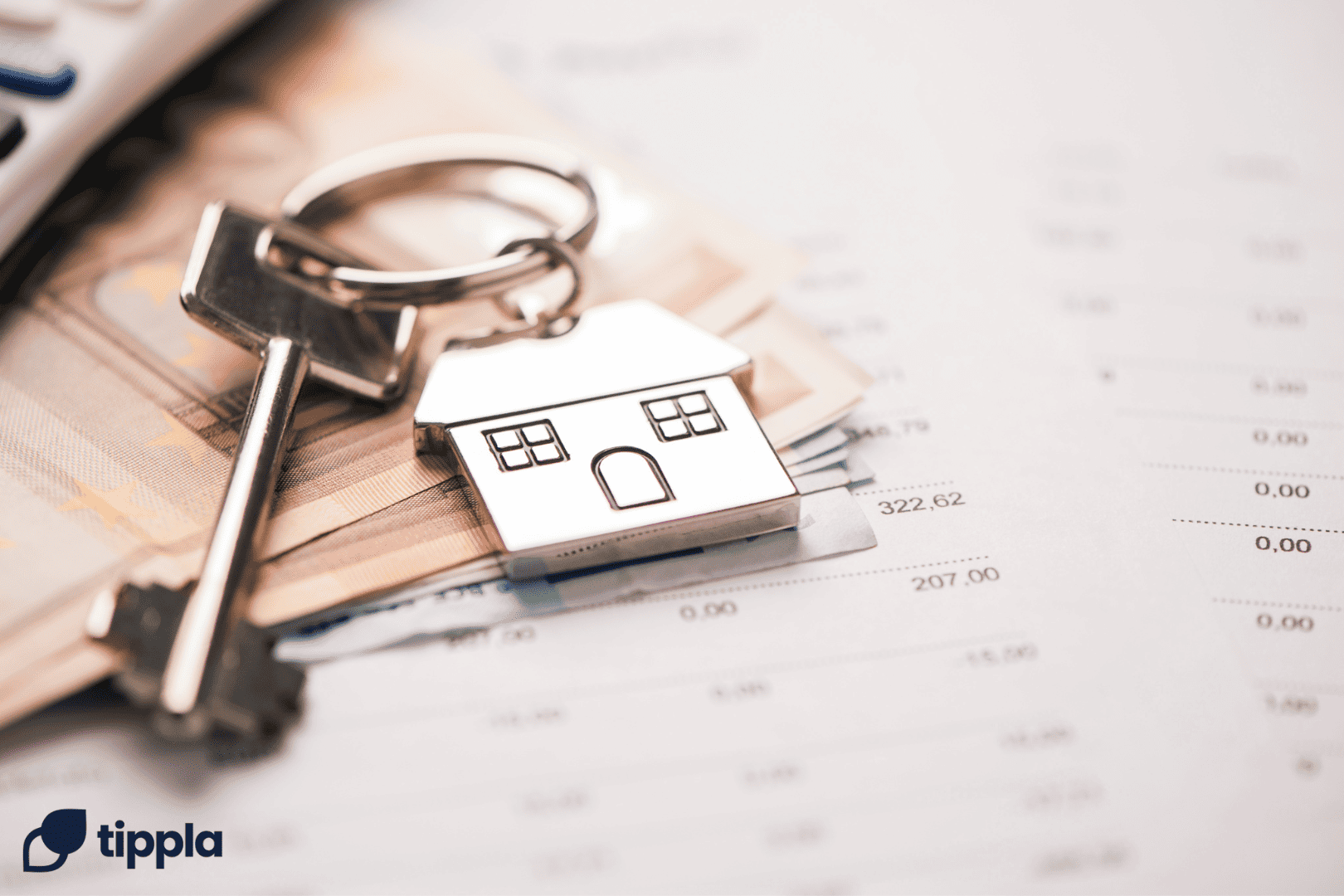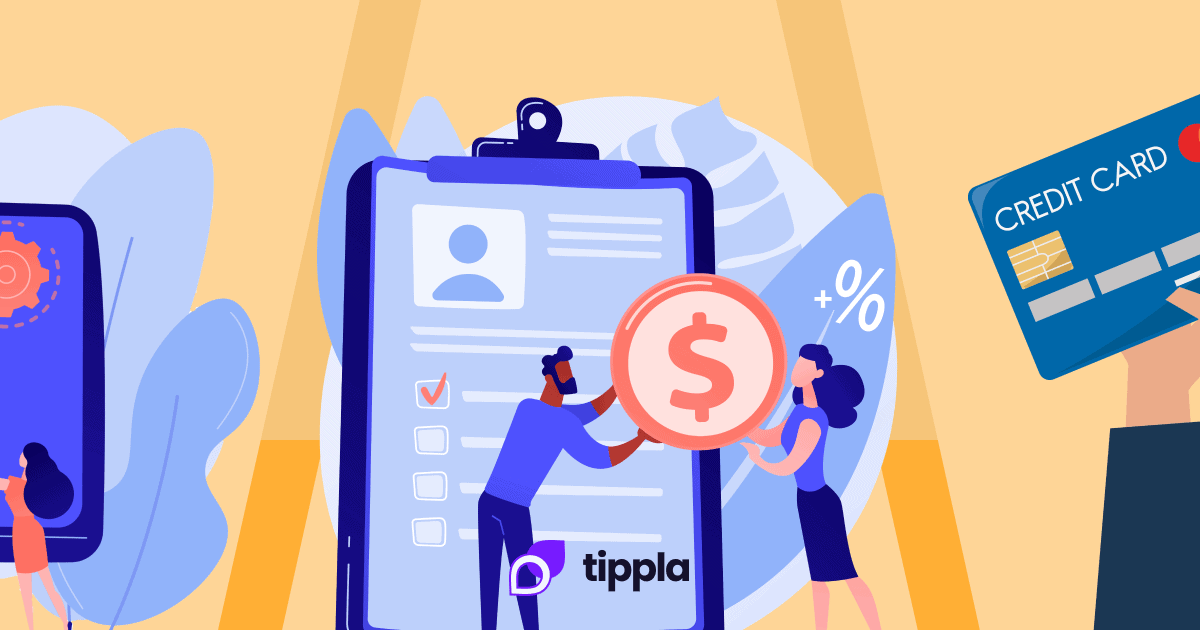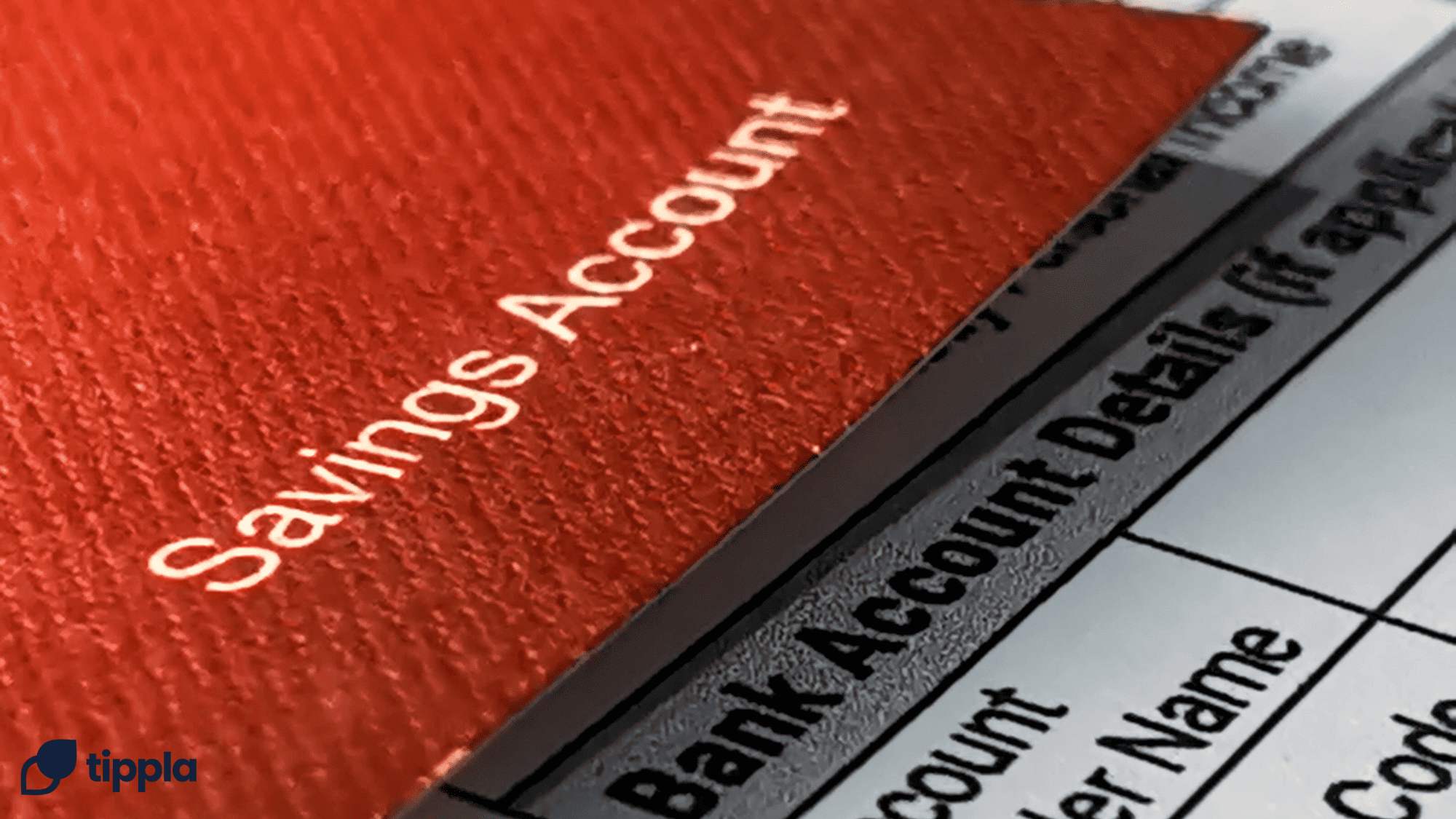Published in July 28, 2021
Tippla Has The Lowdown On Signature Loans!

What are signature loans?
Signature loans are usually given to people having to cover low-value expenses. However, signature loans tend to have a relatively high-interest rate, so let’s help you find out if they’re right for you.
Think of signature loans is unsecured personal loans. That means the only thing backing it up is your lender’s trust in your ability to pay it back. The only thing you’ll need to take out signature loans is a credit check and a statement about your income, with your signature.
Signature loans are typically used for relatively low values. Signature loans can range from $500 to $15,000, depending on the lender. You may be able to find some that are willing to lend amounts as high as $20,000. However, this could make the process more difficult.
Signature loans tend to have reasonably high-interest rates, usually presented as an annual percentage rate (APR). The APRs for signature loans can range anywhere between 6.25% to 18% or 20% per year.
As opposed to other types of loans, signature loans generally have a short repayment term. That repayment term is the amount of time you’re given to pay back the amount. On average, signature loans are paid off in 12-60 month terms.
Signature loan requirements
Signature loans are the easiest to qualify for, compared to other types of loans. That’s because signature loans are unsecured, which means you don’t have to put up an asset as collateral. (Secured loans are backed up by collateral, so your assets can be seized if you don’t make your payments.)
Here are the requirements you will need:
– You must have a fair credit score
– You must have an acceptable debt-to-income ratio. That is the measurement of how much you owe in debt compared to how much money you earn. Although requirements vary, the lower your debt-to-income ratio, the better your loan terms will be.
– You must have a permanent address.
What happens if I don’t pay back a signature loan?
If you miss your signature loan payments, you will most likely be charged default fees. That will also damage your credit, resulting in a lower credit score.
However, if you constantly miss your payments, making your loan go into delinquency, then your unpaid debt along with interest and fees, will go to collections. Additionally, your credit will get badly affected, potentially dropping hundreds of points.
Worst case scenario, you can face wage garnishment. Due to the collection agency owning your debt, you can be taken to court from constant default, and you’d be ordered to pay back the balance directly from your wages.
Where to get a signature loan
The best way to get a signature loan is from banks or credit unions. However, the majority of financial institutions refer to them as “personal loans.” (Personal loans are a type of signature loan, which we’ll elaborate on in the next section.) You may be able to get lower APRs with credit unions; however, you may need to meet certain qualifications to become a member.
You could also get a signature loan from a lending company if you don’t have a bank or credit union. Before beginning the process, make sure to compare rates from lending companies to those offered by banks and credit unions to ensure you’re getting the best deal.
Another option would be online loans. It’s a rather simple process that requires you to fill out an application online, and when approved, you’ll have the money transferred electronically to your bank immediately.
Regardless of where you get your loan, it’s possible to get approved within minutes or hours.
Types of signature loans
Signature loans are a broad category of different types of unsecured loans. Here a list of some common types of signature loans.
Personal loans
Personal loans are used for covering large expenses and liabilities. They can also be referred to as ‘instalment loans,” meaning you must repay the balance monthly to avoid default fees.
Some personal loans have a prepayment penalty. That means if you pay the loan off too early, you might be charged a fee.
When looking for a personal loan, look at both the interest rate as well as the loan term. Essentially, paying off a loan with lower APR but longer payment term, you’d be paying more interest than on a similar-sized loan with higher APR and a shorter term.
Payday loans
A payday loan is a short-term unsecured loan that has minimal requirements for approval. You will need to find a payday loan lender and show them you have a steady income to get approved.
Payday loans are the only type that you can get without credit or if you have bad credit.
However, beware of taking out payday loans unless it’s for an extreme emergency. Although they may seem simple to acquire, payday loans have an average interest rate of 400%, and they tend to trap people in a cycle of loan payments.
Business loans
If you’re a small business owner, you may be able to get a small-business loan. To get more information on business loans, contact your local bank, credit union, or an online lender. Business loans have similar terms and percentage rates as personal loans.
Although some business loans are unsecured signature loans, some may require you to secure the loan by collateral. That means you would have to put up some form of collateral related to your business or any physical assets.
Debt consolidation loans
Some types of consolidation loans are considered signature loans.
Debt consolidation loans work to pay off your other loans and debt and provides you with one large loan. This can help manage payments, as you’d only have to repay the one loan, meaning you can also get a lower interest rate.
However, debt consolidation loans can be complicated, meaning you’d have to provide more than just a signature.
Other financing options
Signature loans aren’t suited for everyone. Although signature loans have reasonable interest rates, you might find that other loans are better suited for your needs. Some options can grant you larger loans, while others can come with low interest.
They include the following:
Home equity line of credit (HELOC) or home equity loan
With a home equity loan, you can convert your equity into cash. Equity is the home’s market value concerning your mortgage debt. Those loans are also referred to as the “second mortgage”.
Interest rates on a home equity loan may be lower than those on an unsecured personal loan. However, like mortgages, these types of debt are secured by your home, to which you risk losing if you default.
0% APR credit card
Some banks offer deals for the first 12 to 18 months you have the card during which you get to pay no interest on late payments. If you need to cover a big expense and don’t have cash, the credit card can grant you some time.
With a 0% APR credit card, if you make the minimum payment each month then you won’t owe extra interest.
However, you will be charged a high-interest rate if you have an unpaid balance at the end of the promotional period. Normal credit card APRs can get as high as 25% to 27%.
Secured loan
For larger expenses, secured loans may be your best and only option. For example, you can’t take out a signature loan to buy a house, but you can with a secured loan.
Mortgage rates are usually lower than signature loan rates across similar borrower profiles. Average mortgage rates for a 30-year, fixed-rate mortgage range between 4.0% and 4.5% APR.
The same is true for car loans. Your auto loan is secured by your car; which means that if you default on the loan, the lender can seize the car to pay off the debt owed.
As with mortgages, car loans are much lower than signature loan rates if all else about the borrower is equal. Car loan rates are generally less than 4% APR.
Tippla is dedicated to helping you understand how car loans work. Find out more here!
While we at Tippla will always do our best to provide you with the information you need to financially thrive, it’s important to note that we’re not debt counsellors, nor do we provide financial advice. Be sure to speak to your financial services professional before making any decisions.
Related articles

How far do mortgage lenders look back on my credit report?
16/11/2023
Purchasing a home is a significant financial decision, and...

What’s The Difference Between Credit Cards And Personal Loans?
07/09/2021
If you are looking for extra finance, whether it’s...

The Benefits of High-Interest Savings Accounts
22/02/2024
Disclaimer: This content does not constitute financial advice. The...

Subscribe to our newsletter
Stay up to date with Tippla's financial blog